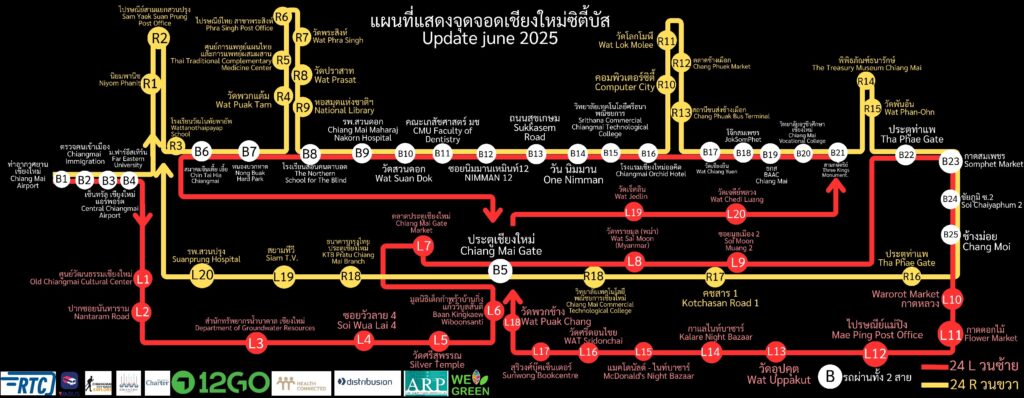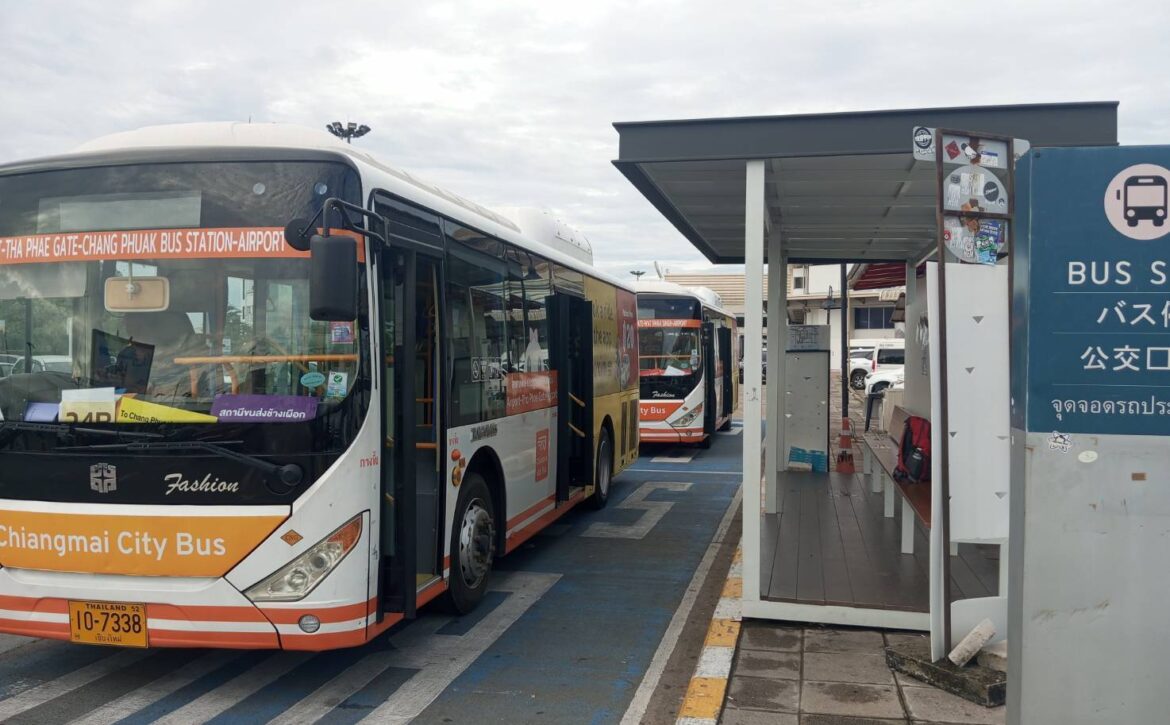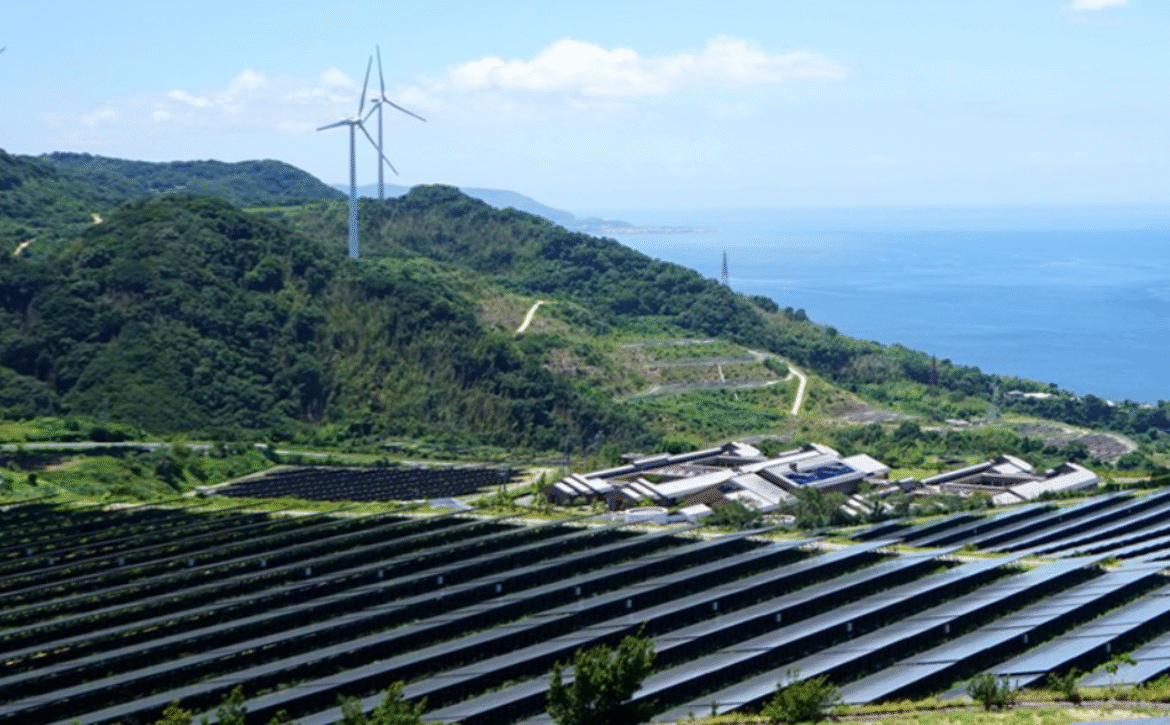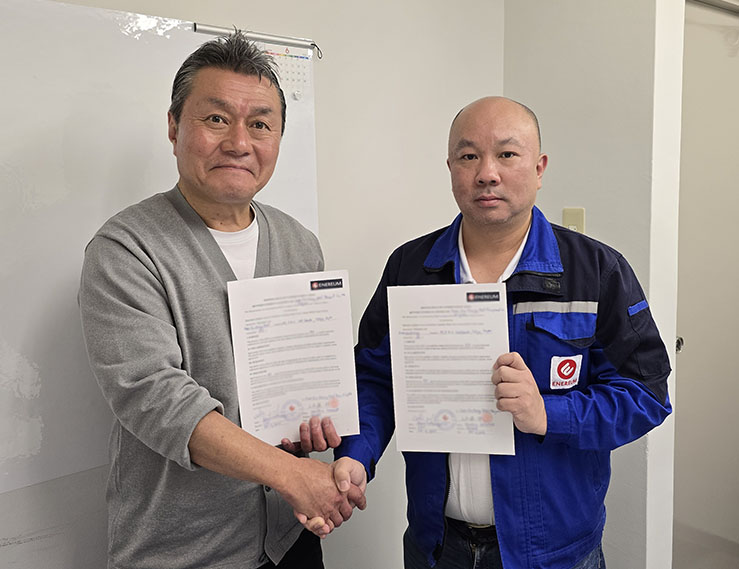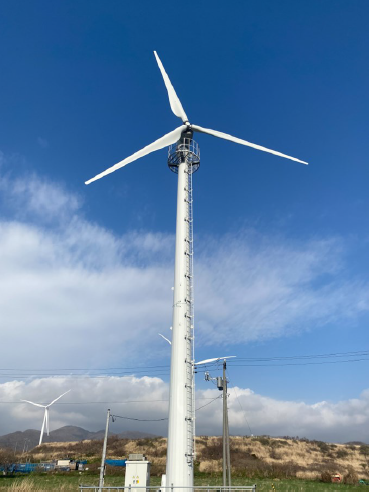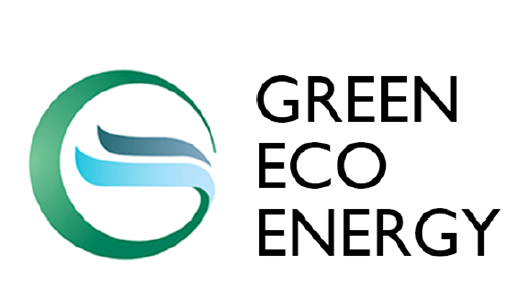Enereum Partners with RTC Chiang Mai City Bus to Pilot Blockchain‑Backed EV Fleet Conversion
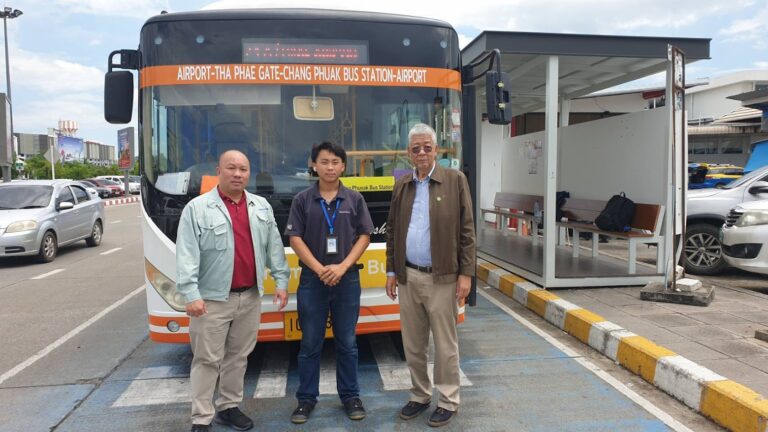
August 9, 2025 – Chiang Mai, Thailand / Bangkok, Thailand — Enereum announces a pilot partnership with RTC Chiang Mai City Bus (Regional Transit Corporation Co., Ltd.), the licensed public transport operator serving Chiang Mai’s airport–city loops, to finance the transition of its fleet from diesel to electric vehicles (EVs) and deploy fast-charging infrastructure using Enereum’s blockchain-powered Project NFT investment framework.
This collaboration is among Thailand’s first applications of tokenized infrastructure financing with built-in investor protection, demonstrating how real-world transport projects can be funded transparently, securely, and in alignment with the United Nations Sustainable Development Goals (SDGs).
About RTC
RTC operates Chiang Mai’s key airport–city routes under a Department of Land Transport license, providing affordable and accessible public transport for residents and visitors. The company is led by Mr. Thapana Bunyapravitra, who also serves as Secretary of the Thailand Innovation District (TID) — a national innovation framework connecting projects across 24 economic sectors. (Learn more about TID on official channels.)
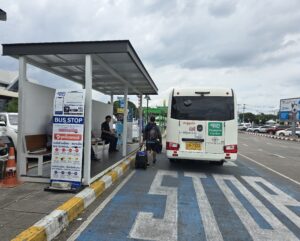
Director’s Statement
Mr. Thapana Bunyapravitra, Managing Director of RTC, said:
“RTC is steering Chiang Mai City Bus toward the SDG goal of replacing diesel buses with clean-energy EV buses. This supports Thailand’s strategy — especially Chiang Mai’s transition to a low-carbon tourism province. Chiang Mai City Bus will pioneer public transit transformation as a model for other operators. In this transition, RTC will work with Enereum to connect with global investors to drive green energy forward.”
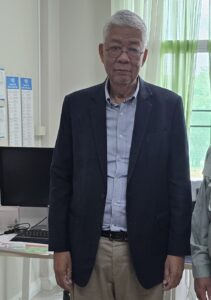
The EV Fleet Conversion Pilot
- Scope: Five (5) EV buses (pilot batch)
- Project cost per bus: THB 4,500,000 (≈USD 125,000)
- Optional asset: 160 kVA fast-charging stations at approx. THB 1,200,000 each (offered as separate investable units)
- Investment term: 5 years
- Target return: ~15% APY (subject to final risk assessment)
- Revenue source: Passenger fares collected by RTC
- Repayment model: To be finalized based on risk — either
- equal installments of principal + interest (amortizing), or
- interest-only with principal repaid at maturity (bullet)
Co-financing note: Project NFT proceeds are not expected to fund 100% of costs. RTC will co-invest to align incentives and strengthen investor protection.
Tokenization Model
- Project NFTs (buses): Each bus is represented as 1,000 Project NFTs (THB 4,500 per NFT).
- Project NFTs (fast-chargers): Each fast-charger may be issued as 1,000 Project NFTs (approx. THB 1,200 per NFT).
What is a Project NFT?
A Project NFT is a blockchain-based digital asset representing a share in a real-world project listed on Enereum. Holders receive returns based on the project’s revenue and benefit from transparency, traceability, and built-in investor protection.

Investor Protection (IGS)
The pilot integrates Enereum’s Investment Guarantee Scheme (IGS). Protection is delivered through the Investment Guarantee Fund (IGF), which combines:
- Operator Collateral (OC): Minimum 5% of total Project NFT value, deposited into a secure escrow wallet.
- Upfront operator reserve: An upfront reserve fund (equivalent to a defined number of months of projected fare/charging revenue) provided before NFT issuance.
- Enereum Smart Insurance (ESI): Platform insurance that covers the remaining guaranteed portion and automates investor payouts in the event of default.
The IGF is designed to cover nearly the full project value declared under the project’s Actual Investment Guarantee Percentage (AIGP).
Coverage cost: Approximately 3% of project value (borne by the operator).
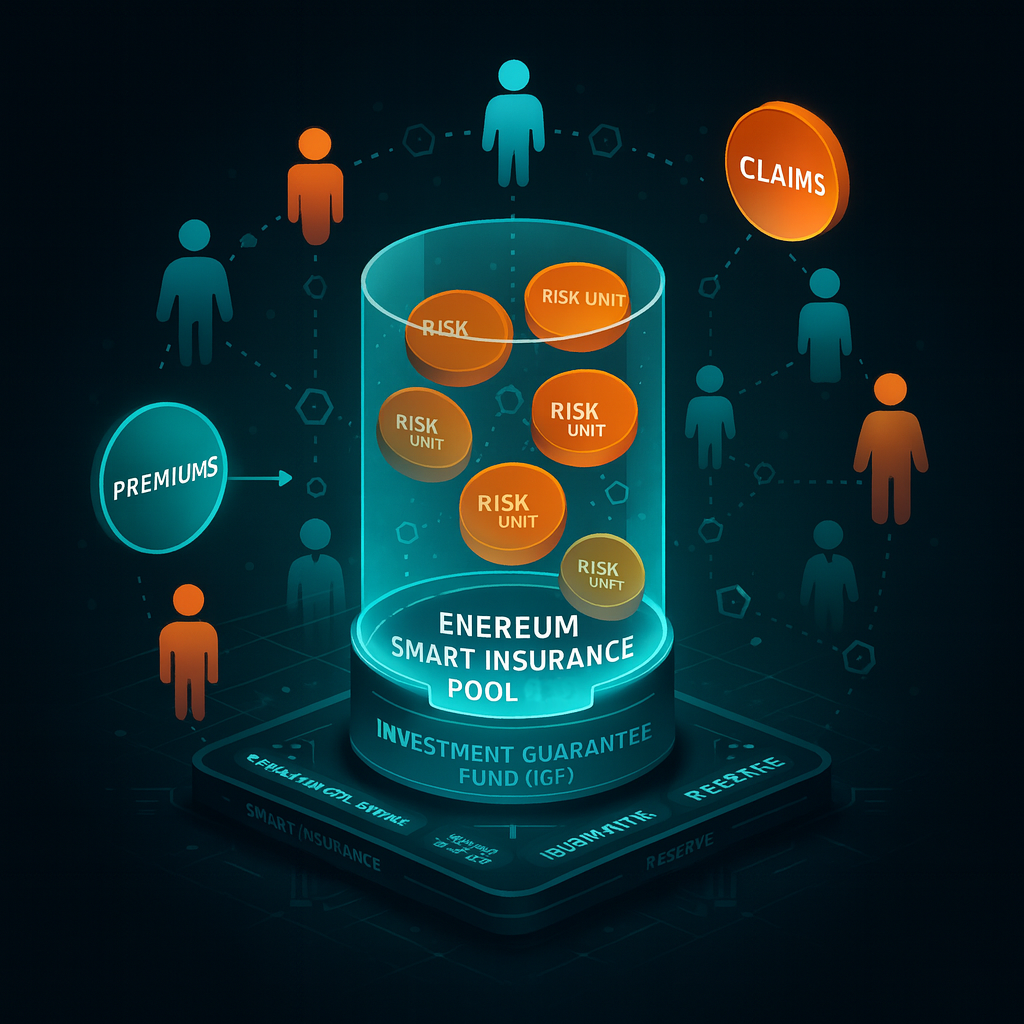
SDG Impact
- SDG 7: Affordable and Clean Energy
- SDG 9: Industry, Innovation, and Infrastructure
- SDG 11: Sustainable Cities and Communities
- SDG 13: Climate Action
Replacing diesel buses with EVs and deploying fast-charging infrastructure aims to reduce emissions, improve urban air quality, and elevate the public transport experience for Chiang Mai residents and visitors.
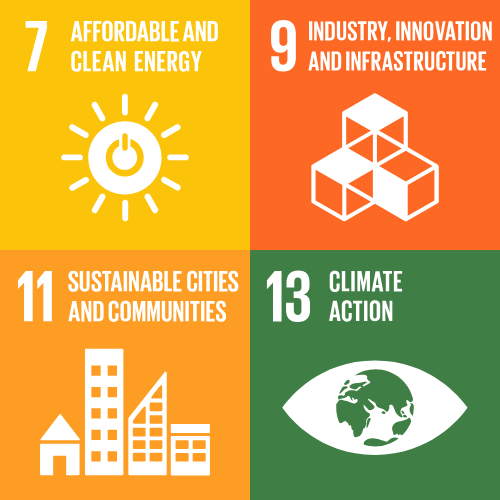
An Experimental, Startup-Like Initiative
This is an experimental pilot that combines real-world transport infrastructure with blockchain financing and automated investor protection. Like a startup, the model will be tested, refined, and scaled — with the pilot expected to kick off in 2026 following completion of structuring and compliance work. RTC has expressed full support for this technological breakthrough.
Next Steps
Enereum will prepare a DePDD (Decentralized Project Definition Document) covering:
- Technical and financial details for buses and fast-chargers
- Final repayment model based on risk analysis
- Project milestones and MRV (Monitoring, Reporting, Verification) metrics
- Risk management and the IGS guarantee structure
